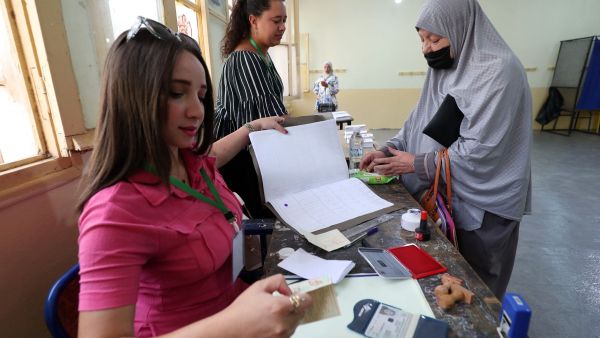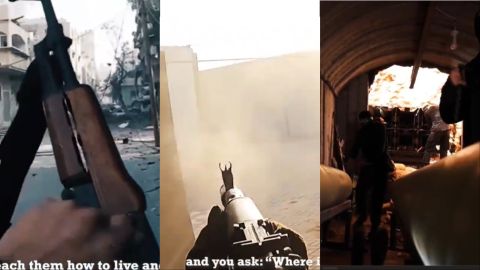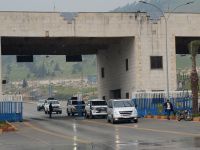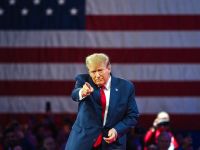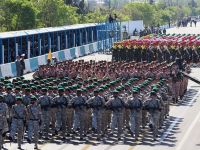ALBAWABA - On Saturday, almost 24 million Algerians will vote for their new president. Three candidates are running: incumbent President Abdelmadjid Tebboune, 78, from the governing party; Socialist Forces Front (FFS) member Yusuf Uchi, 41; and Peace Society Movement member Abdelaali Hassani Cherif, 57. Economic difficulties and freedom pledges are key election topics.
Algeria is struggling economically despite being a major natural gas exporter, and popular confidence about election results is low.
All three contenders have focused on economic and social improvements. Leading natural gas exporter Algeria relies on this industry for cash. Each contender has pledged to reduce Algeria's natural gas dependence and improve Algerians' finances.
Re-election candidate President Tebboune has pledged to raise salaries, retirement and unemployment benefits, build two million houses, and create 400,000 jobs via investment. He wants Algeria to become "Africa’s second strongest economy" after South Africa and improve young circumstances.
Opposition candidates have promoted liberties. Uchi will pardon political prisoners and revise oppressive legislation. Cherif has pledged major constitutional amendments if elected to restore freedoms limited in previous years.
Despite these pledges, Algerians are skeptical about the election's consequences. According to BBC journalist Sally Nabil, Algeria has comparable issues as Egypt and Tunisia after the Arab Spring. The military's influence in Algeria has remained strong since independence, despite protests.
Tebboune, with military support, is the election frontrunner. The electoral commission rejected 13 candidates, including lawyer and opposition leader Zubaida Assoul, citing procedural constraints that some say are meant to limit opposition participation.
Algerians, especially young, face poor living circumstances and high unemployment rates of over 30% despite oil and gas profits. President Tebboune has vowed to generate jobs, but his capacity to reduce unemployment and stabilize the economy is doubtful.



